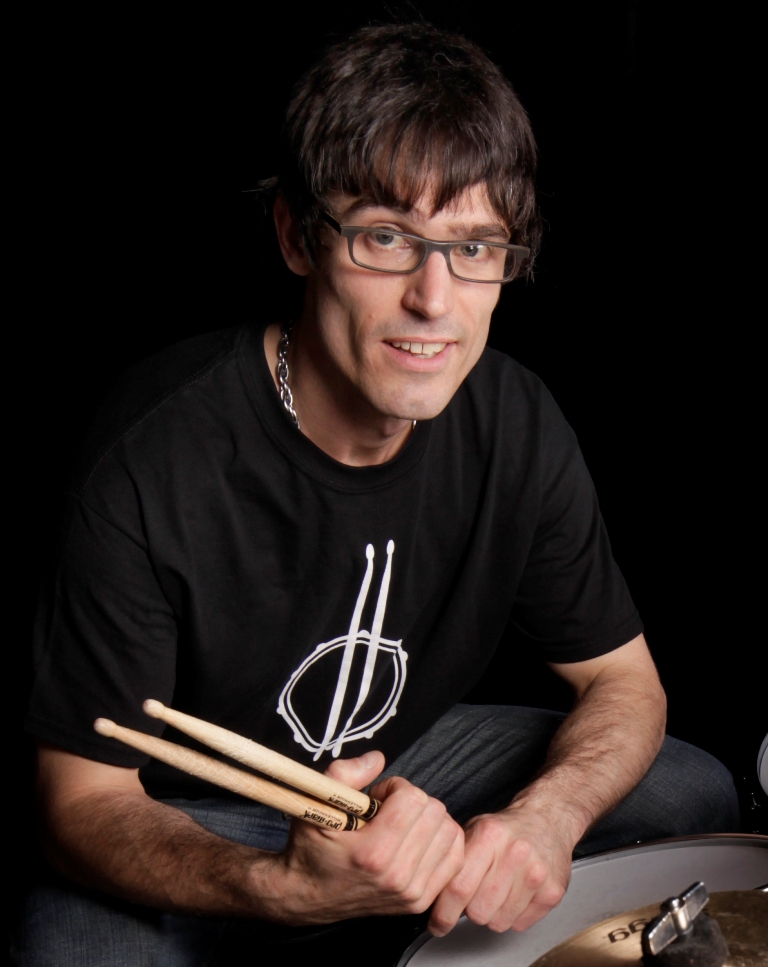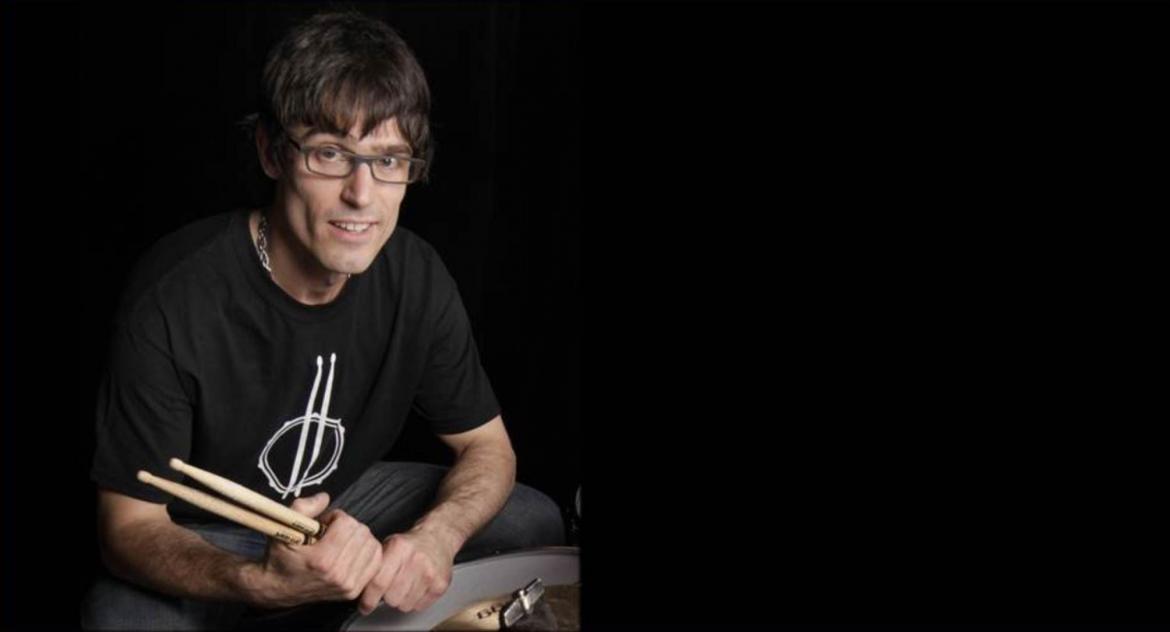Gareth.jpg

The primary aim of the ISME Popular Music Education Special Interest Group (PME SIG) is to provide a home, under the broad ISME umbrella of music education, for all to share and discuss practices and research in popular music education. The SIG does not wish to silo popular music education, but was created to provide a place for discussion that was previously not as visible at ISME. The SIG’s vision is to embrace, through popular music, a diverse range of inclusive approaches to music education that welcome the new, the contemporary and all musics and music making that have meaning for those who experience them. Our mission is that the popular music education SIG provides a home for scholarship, practice and discussion from around the world. We celebrate and reflect upon participation, inclusion, aspiration, learning, excellence and advocacy in all forms of popular music education.
When the Popular Music Education SIG was proposed in 2014 to the ISME Board, the following issues were agreed as key to guiding the work of the group:
- Ensuring that “popular music education” (PME) is not exclusive, but remains, and looks, inclusive – in access, practice and outlook
- Ensuring that PME is understood not to be just about guitars, rock music, cathartic songwriting and a little hip-hop; it is far broader than this, and is deeply meaningful to many people
- Addressing a perceived widespread mis-reading of Lucy Green’s work on how popular musicians learn; Green (2002, 2008) described a non-genre-specific pedagogical approach for teenagers in schools that is often interpreted as advocacy for inclusion of guitar-based popular music ensembles in all school music contexts (Green addressed the inaugural meeting of the SIG in Glasgow in 2016, tackling this problem head-on)
- Reconciling a need to move beyond merely advocating for popular music education, while remaining sensitive to those individuals, institutions and communities for whom such activity is still necessary
The considerations and challenges that face members of the popular music education community vary considerably. We are as diverse as the notion of the popular is nebulous. The SIG committee therefore welcomes input from ISME members regarding the SIG’s remit and focus for today and into the future. Currently we are focusing our attention on looking to what we can accomplish ahead of and during the 2018 conference in Azerbaijan.
One of the prime aims the PME SIG committee is to connect with other groups and organisations working in and around popular music education. As such, we seek to communicate and work closely with, e.g. the recently formed Popular Music Education Special Research Interest Group of the National Association for Music Education in the US (NAfME PME SRIG), and the Association for Popular Music Education (APME). APME is holding its sixth annual conference this summer in Denver, Colorado, USA, under the banner of “Advancing Popular Music Education”.
The PME SIG aspires to exist, not separately from the rest of the music education community, or from the popular music studies community, but as a home for discussion and shared practice among those for whom it makes sense to gather together. We consider ‘popular music’ less an indicator of a discrete musical style, and more of an umbrella for music that embraces or evokes the range, popular aesthetics and practices that connect with many people, notwithstanding the genre-based implications of popular music. As such, we look forward to continuing to engage with colleagues from across practices and perspectives in music education, including those working in production, technology, choirs, concert bands, songwriting, glee clubs, hip-hop cyphers, rock ensembles, tribute acts, and a wide range of community based groups and organisations.
The reviewing committee accepted 59 papers for presentation at the ISME 2016 World Conference. When the ISME PME SIG convened for the first time in Glasgow, there was standing room only in our opening session, attended by more than 120 people. We hosted a concert in the Royal Concert Hall, attended by hundreds of delegates and members of the public. We welcome any ideas from ISME members for increasing and diversifying our activity in Azerbaijan in 2018. To engage with us, please:
- -Follow us on Twitter at @ISME_PME_SIG
- Join the Facebook group: ISME Popular Music Education SIG
- - Join the SIG mailing list by contacting us on email
The ISME PME SIG Committee members are:
- Heloisa Feichas (Brazil)
- Sarah Gulish (USA)
- Aleksi Ojala (Finland)
- Gareth Dylan Smith (UK)
- Nilesh Thomas (India)
- Donna Weston (Australia)
We look forward to working with you, and hope to see you in Baku.
In the meantime, keep up with cutting-edge scholarship in popular music education in the Journal of Popular Music Education (JPME) whose mission is:
Seeking to define, delimit, debunk, disseminate, and disrupt practice and discourse in and around popular music education… Through drawing together diverse, rigorous scholarship concerning learning in, through and about popular music worldwide, JPME seeks to identify, probe and problematize key issues in this vibrant, evolving field. Scholarship from and across all relevant research methods and disciplines is welcome.
You can view the journal’s call for papers here, where you can also submit your writing to be considered for peer review, and subscribe to JPME.












